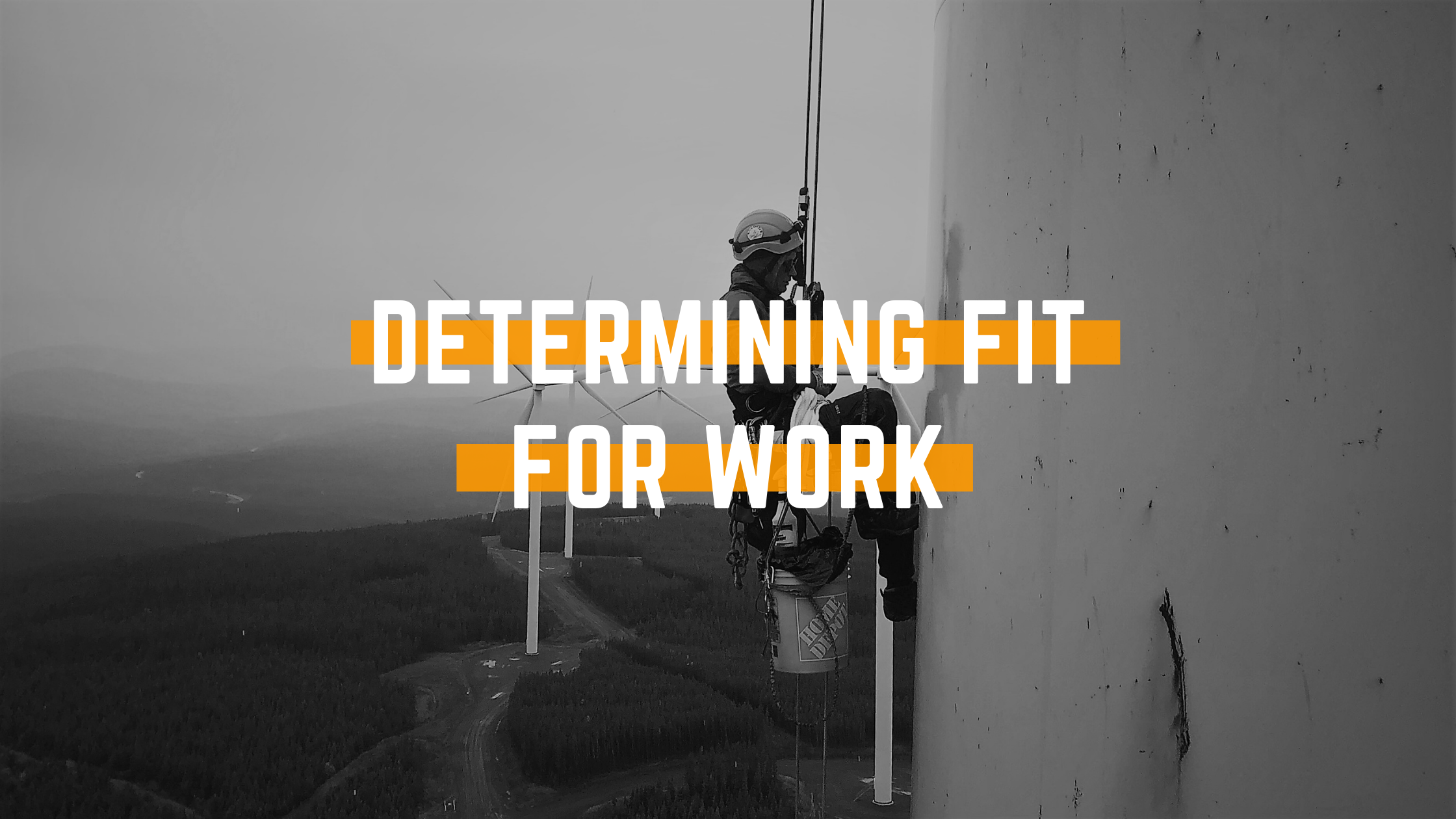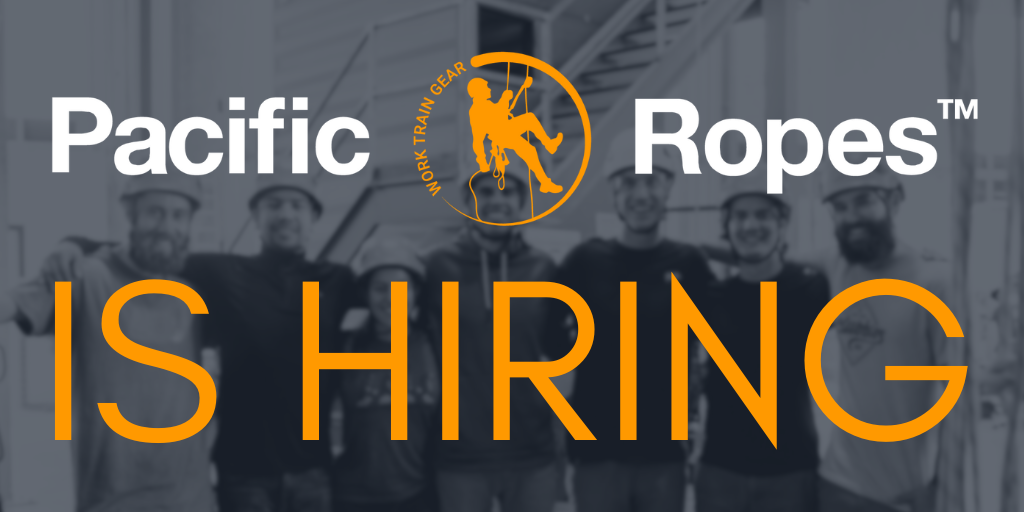
A big controversial event that happened recently has been the legalization of marijuana. As with most polarizing topics, you can get a buffet of opinions online, in the news, and/or during lunch time in the staff room. But, generally, when marijuana was legalized on October 17, 2018, it really didn't seem like a big deal. And it's not to say that I don't know anyone who enjoys partaking in marijuana, but maybe because it's been a part of our culture for so long that a change in legislation was more about keeping up with the times rather than changing it.
One thing I didn't anticipate was the discussion among Managers, Safety and Human Resource professionals. They weren't really concerned with marijuana itself but rather about the general idea of "fit for work." This isn't a new term nor has it changed since the legalization of marijuana but it has certainly made us think twice about what it means.
Generally, effects of marijuana use differs from alcohol use. We know alcohol. We know what it does to people. Anyone you meet can narrate at least one story about a horrible drunken night they had or someone they knew had. The laws around drinking and driving exist and are fully accepted because of the many many horrible accidents we've all witnessed or learned about. We know what alcohol does and therefore, there are no exceptions when it comes to alcohol and work. Zero tolerance.
But with marijuana, it's a little grey. It's a little sneakier because it hangs out in our bodies a little longer. If you're a recreational user, a night out with marijuana can last up to two weeks in your body. Does that mean you're not fit to work during those two weeks? I don't know. There isn't as much research surrounding the effects and metabolization of marijuana in our systems than there is about alcohol. I mean, there is some, but nothing as extensive. I'm sure this will change going forward but as of now, with the little amount of information we have, we need to figure out the best course of action when it comes to our employees, marijuana and being fit for work.
So this brings up a new question for us employers, How do you determine "Fit For Work" when it's not obvious?"
What happens if your employee has a fight with their significant other the night before or stayed up all night with their crying new baby and therefore received very little sleep? Or, if an employee is grieving over a lost family member, friend, pet? What if an employee deals with anxiety? Depression? These are a just a few instances where there is no black and white. Unless your employee approaches you about these hidden challenges, how are you suppose to help? And even if they could approach you, how are you suppose to determine "fit for work," when the challenges at hand are not black and white.
I think as a start, it helps with providing time and opportunities for relationship development. I'm not saying we have to be best friends with everyone at work. But, at least we can get to a point where we aren't afraid to tell each other if we are struggling with something outside of work, which, can impact our performance at work. The hope is that the more we know and trust our colleagues, the easier it is to make better judgments in determining fit for work. In our industry, where working at height is an every day hazard, we need to ensure our workers are fit to carry out their duties. Impairment, in whatever sense, harms not only the individual but the team. And in our case, the harm ensued can be fatal.
Have you guys seen the TV show Billions? It's about an ambitious hedge fund billionaire, Bobby Axelrod, and his long standing rival with the US Attorney. Axelrod's company employs a full time therapist, who is one of my favourite characters in the show. Her role is to help the investors stay "fit for work." If they aren't at their best, then they can't do their best at their work. I always thought having an in-house therapist was such a good idea. After all, we are all faulty human beings who are driven by our emotions, good or bad. And it would be nice to have someone help us navigate them so that we aren't burdened or hindered by them. So, we can be at our best. And, with Rope Access, being at your best means also being at your safest.
How do you guys deal with "fit for work" challenges? Email us!



